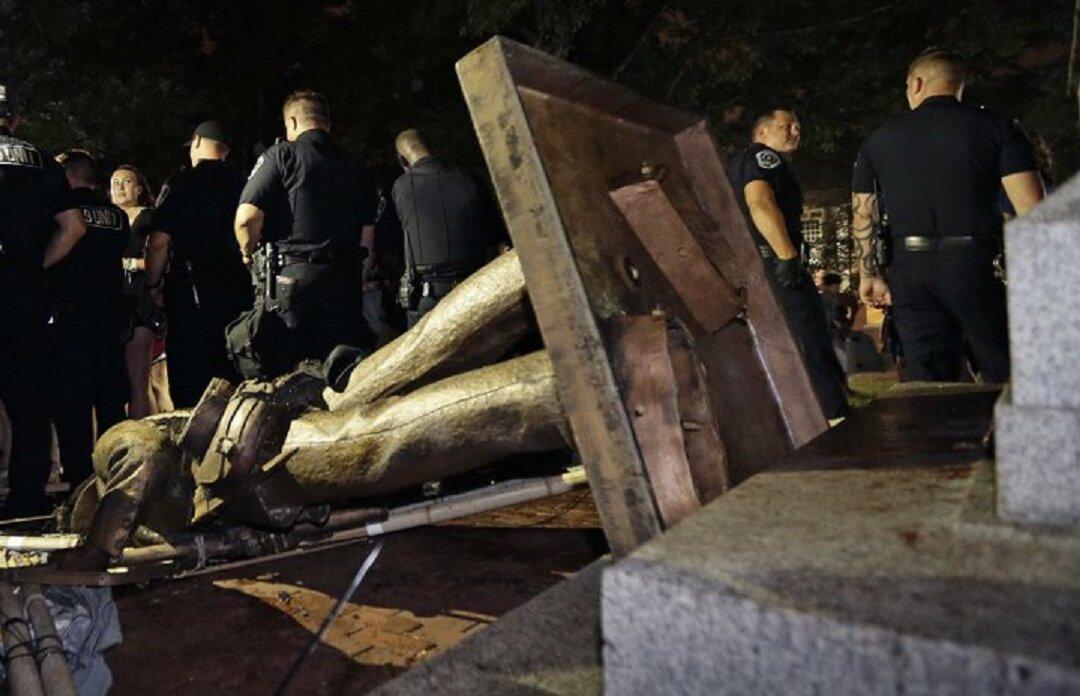News Analysis
The Swedish government is weighing whether it should ban historical imagery including rune script and Norse symbols, since these may be viewed as “hate” symbols.

The Swedish government is weighing whether it should ban historical imagery including rune script and Norse symbols, since these may be viewed as “hate” symbols.